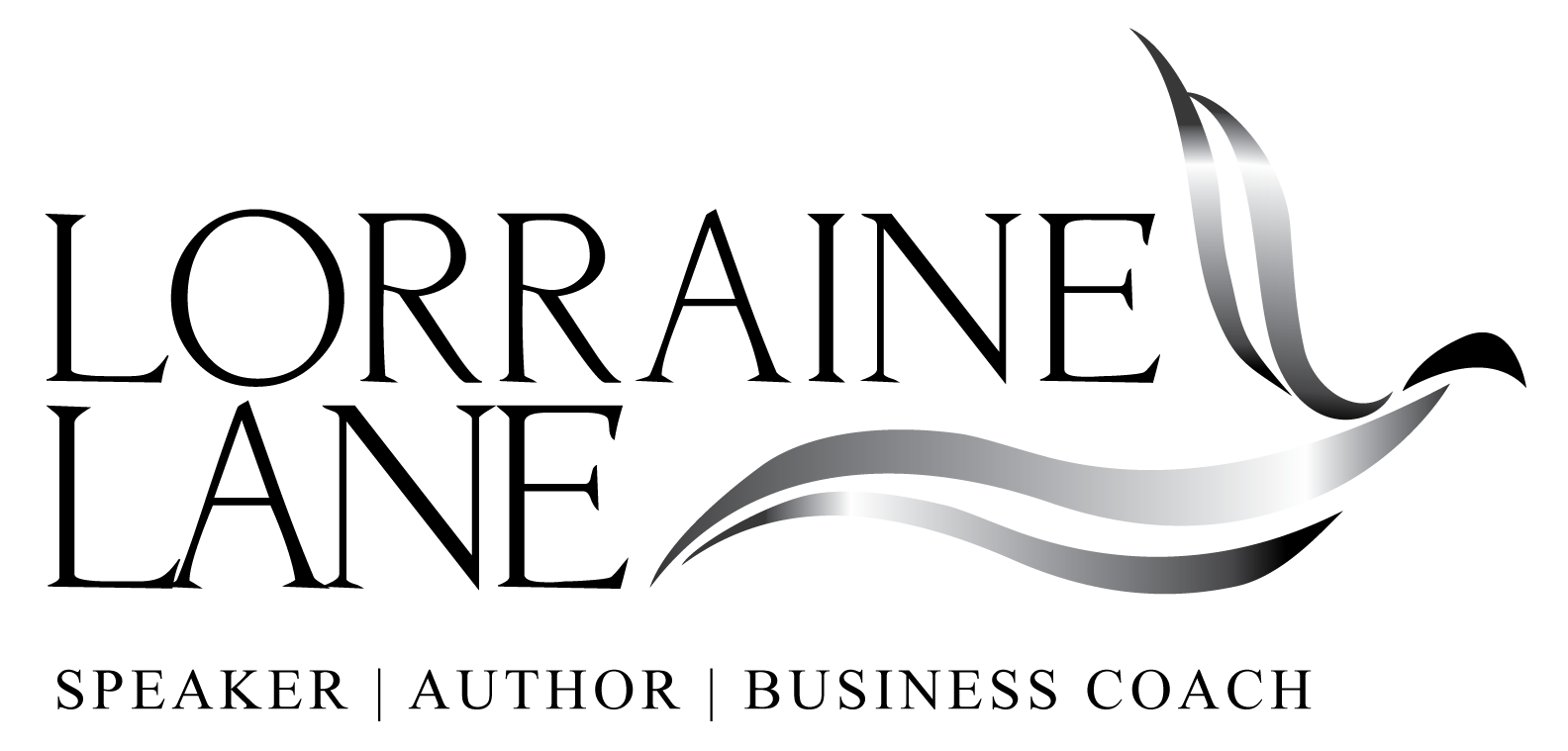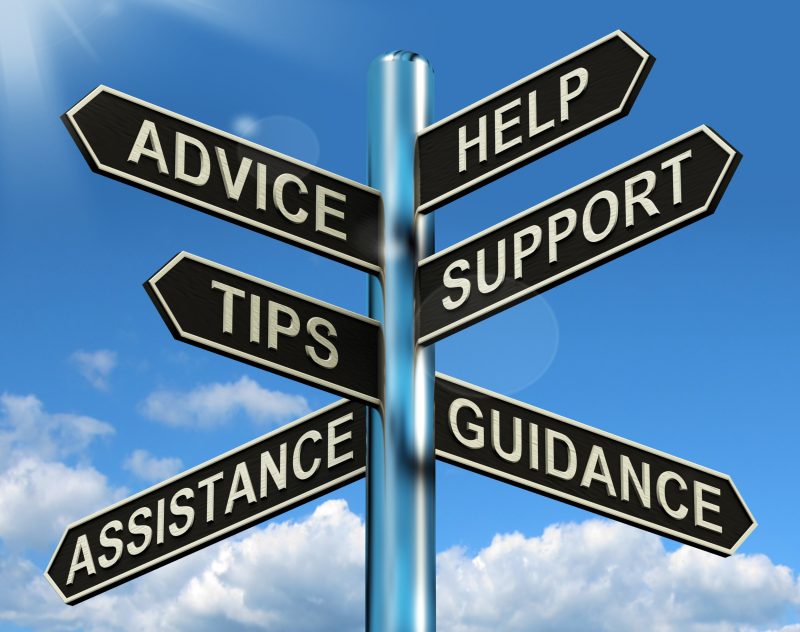Learning to say, “no” is a powerful skill for achieving personal and business success. The struggle with setting boundaries is real. When you don’t know how to set boundaries, you will often find yourself overwhelmed and stressed. Those obligations that you agreed to take on, often find that the “yes” is really “no” and you battle the drain of energy and time.
Let’s take a look at the art of saying, “no” gracefully and pleasantly.
Why “NO” Matters
When you say, “no”, you set clear boundaries and limitations. You are paying attention to balance and are preventing burnout from over commitment and safeguarding both your mental and physical health.
NO is creating space for what truly matters to you.
Your Time and Energy
When you say, “yes”, you are gifting your time and energy to the request. This is time and energy that you won’t have available for activities that align with your goals and aspirations.
NO avoids unnecessary commitments and allows you to to spend your time effectively.
Strategies for Saying, “NO”
Clarify:
What are your priorities? If you don’t know, then requests will always prompt a “yes”! if the opportunity is a contribution to your personal and professional growth, then the positive answer is appropriate. If not, then knowing how to decline is essential.
Empathic Communication:
When saying, “no”, it’s important to communicate understanding and compassion. Express gratitude for the opportunity and give your decision in a clear, concise and respectful way. You might consider suggesting others who might be better suited for the activity.
Assertiveness:
This is the most difficult part of the Science of “no”. Speak your “no” with confidence and speak with a firm voice. Avoid apologies or over-explaining your decision as this behavior invites coaxing you to change your response to “yes”. Remember, you have the right to decline requests.
Offer A Compromise:
Should you sincerely want to help but can’t fully commit, offer a negotiation of an alternative time or less involvement that might work.
Experience:
Like all skills, the more you practice, the better you get. Reflect on the outcomes of your decisions. Have you respected your boundaries? Adjust accordingly. Learning to say “no” is powerful. It allows you to prioritize self-care and enables you to invest your time and energy in your own interests and goals.
“When you say, “yes” to others, make sure you are not saying, “no” to yourself.”
Paulo Coelho
Join me for Coffee with the Coach – a series of free, virtual mini-seminars on the topic of Effective Communication. Can you think of any aspect of your business that doesn’t require communication?
Register here: https://my.lanebc.com/coffee-with-the-coach


